Category: Advocacy
-
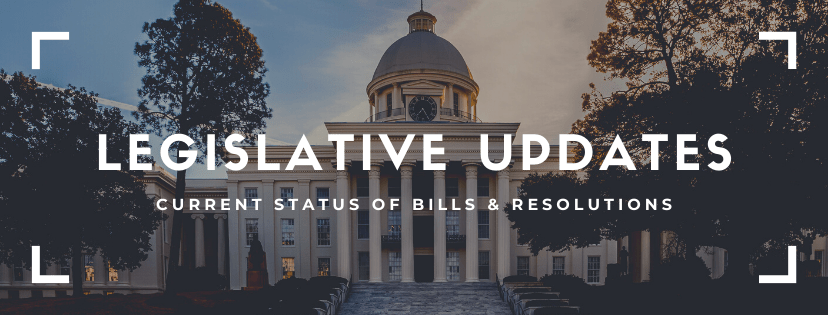
2021 Legislative Session
Scope of Practice ATHLETIC TRAINERS: This bill (SB73) provides for the licensing and regulation of athletic trainers relationship with a supervising physician, creates a joint committee of the two state boards, and expands the ability of athletic trainers to treat injuries sustained by physically active individuals. The Association worked with the ATs prior to the…
-

ALAPAC-Supported Kirk Hatcher wins Democratic nomination for Senate District 26
Former State Rep. Kirk Hatcher won the Democratic nomination for Senate District 26, defeating former Rep. John Knight in a runoff with 74% of the vote. Hatcher will face Rep. William Greene in a special general election on March 2. A Montgomery native and former English educator with 17 years of experience, Hatcher currently is…
-
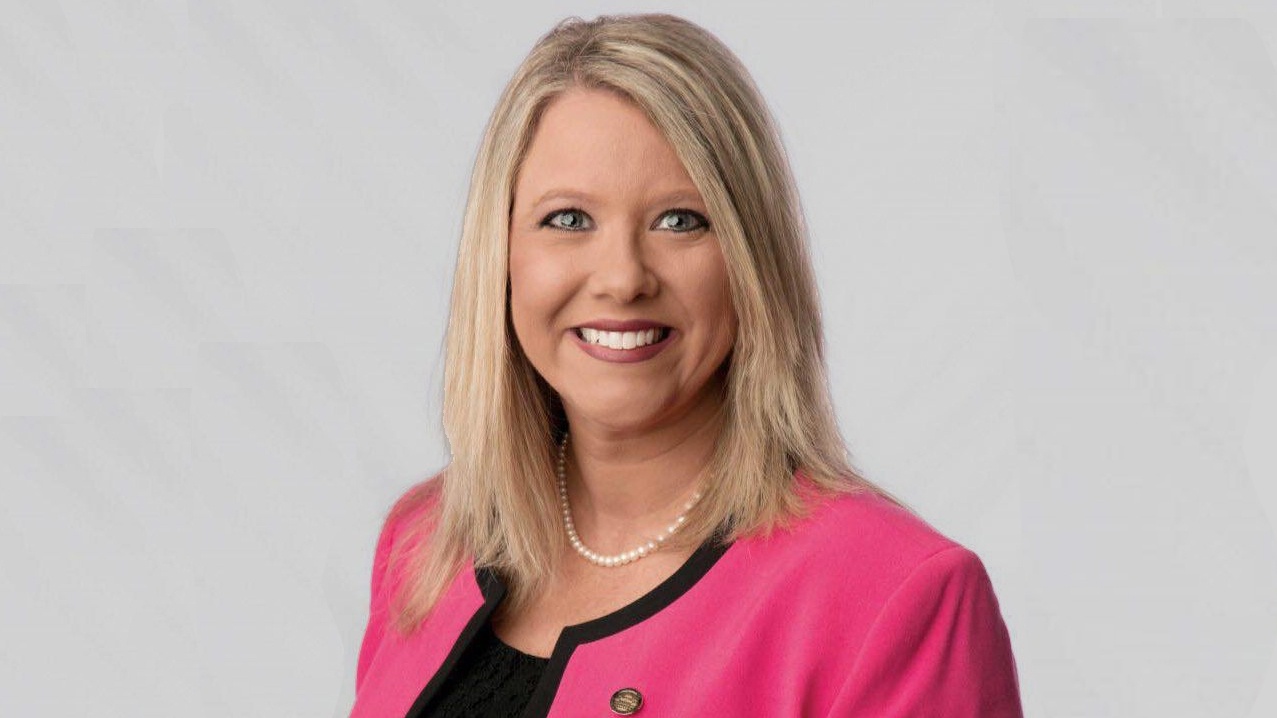
ALAPAC Announces Support for April Weaver in Senate District 14
Alabama Medical PAC (ALAPAC) is proud to announce its support of former State Representative April Weaver in the upcoming special election for Senate District 14. The ALAPAC Board considers many factors in making campaign support decisions, including candidate-vetting meetings with ALAPAC staff and board members, electronic surveys of ALAPAC contributors, third-party polling data and outreach…
-
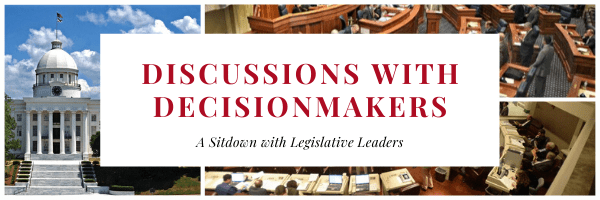
Discussions with Decisionmakers: Barry Moore
1. Please tell us a little bit about yourself – Primary occupation? Interests? Hobbies? I am Barry Moore from Enterprise, Alabama. I grew up on a farm in Coffee County. In 1992 I graduated from Auburn University with a degree in Agricultural Science. Since 1998, my wife Heather and I own and operate Hopper-Moore Inc.,…
-

Discussions with Decisionmakers: Jerry Carl
1. Please tell us a little bit about yourself – Primary occupation? Interests? Hobbies? I have spent most of my life creating and building small businesses, primary dealing with home healthcare equipment and specialty pharmacies. Presently, my wife and I own one pharmacy that serves hemophilia patients. In my spare time, I love being outdoors,…
-
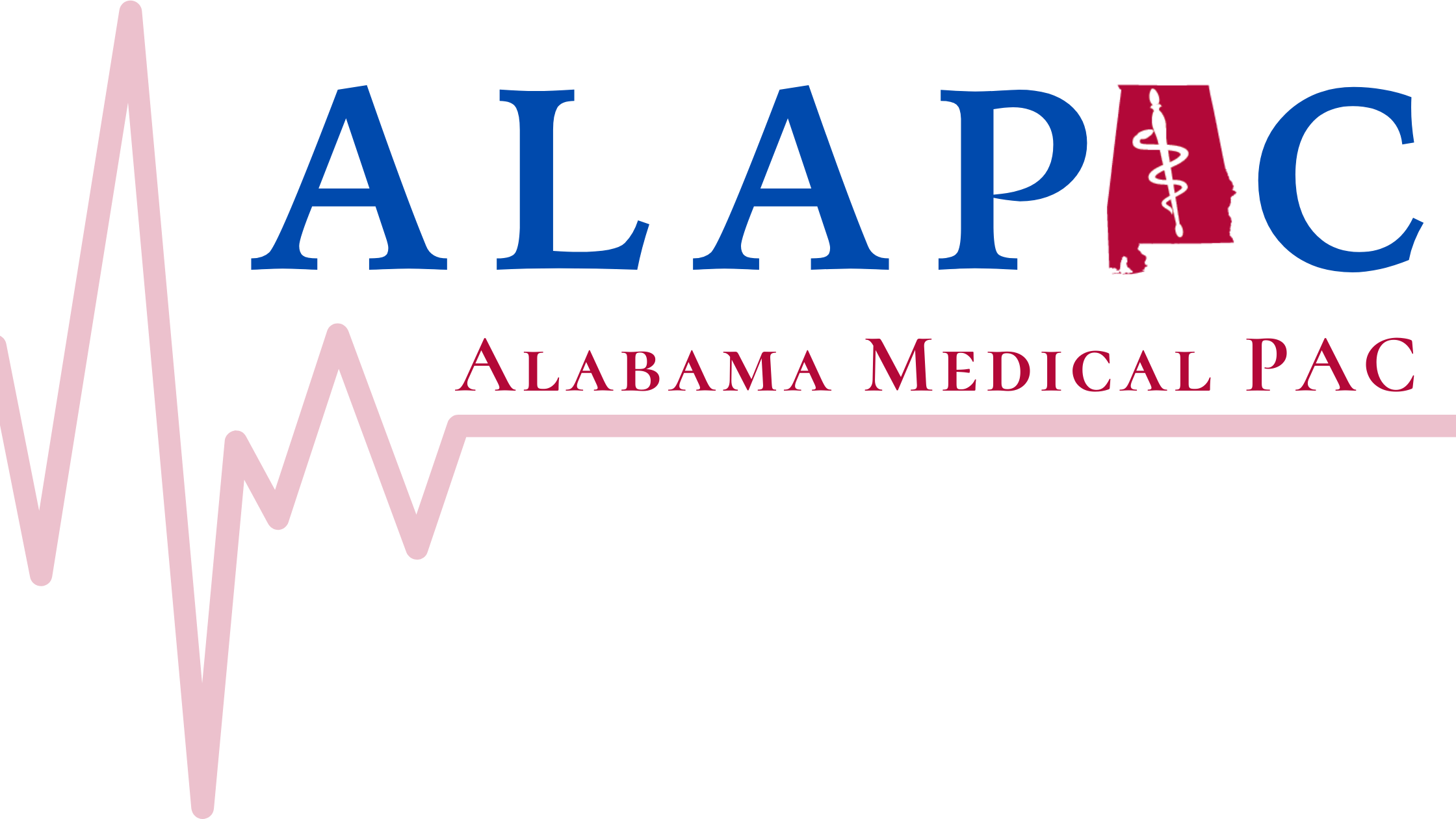
ALAPAC Announces New Regional Board Program
The Alabama Medical PAC (ALAPAC) recently revised its bylaws to create 10 Regional Boards (RB) that will increase specialty and individual practice participation in local and statewide candidate support decisions. Under this new structure: Each specialty with at least a 25% multi-year average participation in ALAPAC will be invited to nominate a physician for each…
-
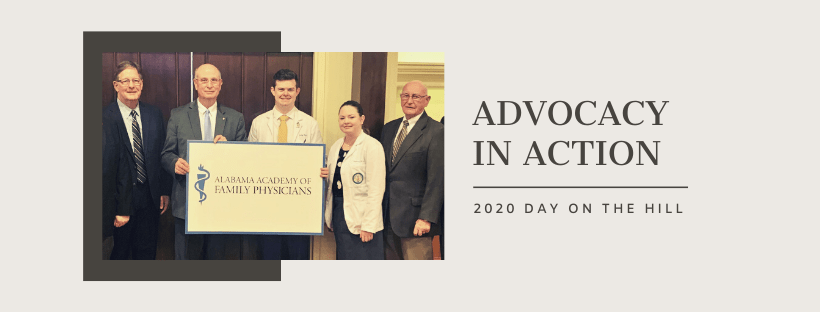
-

Discussions with Decisionmakers: Rep. Howard Sanderford
1. Please tell us a little bit about yourself – Primary occupation? Interests? Hobbies? I’m an accountant by education, and received my bachelor’s degree from Mississippi State University. Following college, I served as an officer in the U.S. Marine Corps. From there, I went to work with IBM and eventually left to open my own…
-
2021 Legislative Agenda
As the professional association for some 7,000 physicians of all specialties in Alabama, the Medical Association of the State of Alabama exists to serve, lead, and unite physicians in promoting the highest quality of healthcare for the people of Alabama through advocacy, information, and education. The Medical Association of Alabama is proud to advocate on…
-

2020 ALAPAC Voting Guide: Constitutional Amendments
OVERVIEW On Election Day, the people of Alabama will have the chance to cast their votes for a number of federal and state officials. In addition, voters will decide whether several proposed amendments should be added to the Alabama Constitution. The purpose of this guide is to explain the statewide constitutional amendments in plain language…